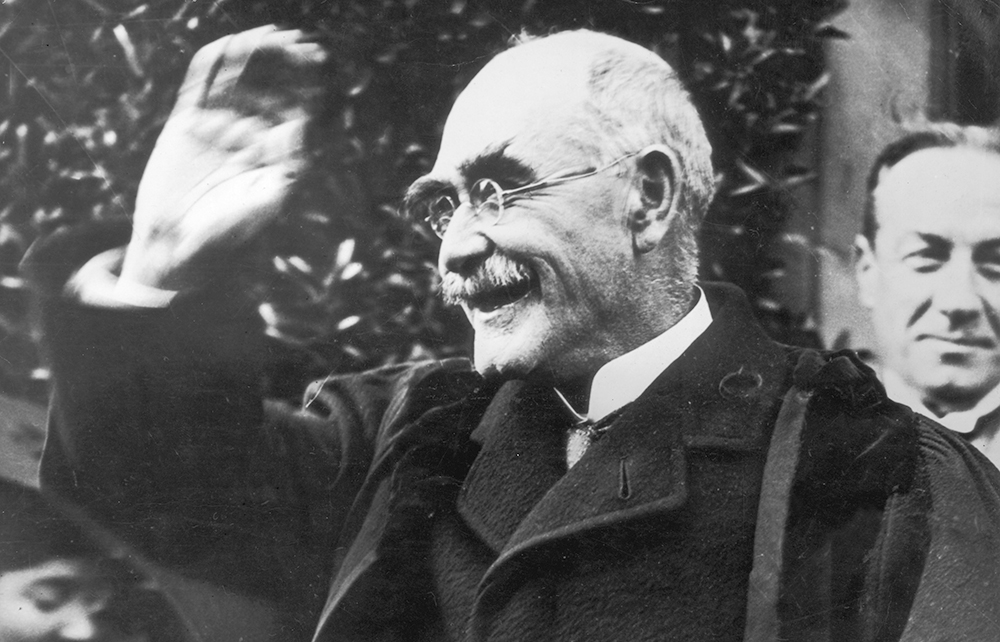Sir Keir Starmer told his party that Fritz Hippler (1909-2002), in his film Der ewige Jude (The Eternal Jew), released in 1940, juxtaposed footage of swarming rats and Jewish men hurrying through the ghetto of Lodz. In the same year, the Handbook of British Birds, edited by H.F. Witherby, noted the habitat of the slender-billed nutcracker ‘in its “invasions” of Europe’. In 2003, the Observer remarked that ‘the Australian swamp stonecrop, or New Zealand pygmyweed, is considered the most pernicious of the top 15 invasive plants’.
What may be said of New Zealand pygmyweed without attracting criticism is not so easily said of people. Suella Braverman, the Home Secretary, was last week criticised for speaking of ‘the invasion of our southern coast’. Many of her critics had political fish to fry.
Some made the point that the primary meaning of invasion was ‘the action of invading a country or territory as an enemy; an entrance or incursion with armed force; a hostile inroad’, as the Oxford English Dictionary puts it. The 17th-century collector of travel narratives Samuel Purchas referred to the ‘tyrannicall invasion’ of Noah’s flood, though you could hardly blame the water. The 19th century saw the metaphor of invasion extended to pathology, when part of the body ‘becomes affected with disease or parasites existing elsewhere in the organism’. The picture is no better than the swarming rats.
Kipling is cited for the modern-sounding phrase invasion of privacy, but he uses it in a sense of his own invention, in a surprising science-fiction story published in the London Magazine in 1912. Called ‘As Easy as ABC’, it is set in 2065, in the wake of a pandemic plague, when ‘making crowds and invading privacy’, let alone touching, are feared as terrible crimes. The ABC is the Aerial Board of Control, for planetary government. ‘Crowds make trouble. They bring back the Old Days. Hate, fear, blackmail, publicity,’ says a woman in the story. The story was collected in his volume A Diversity of Creatures and is easy to read online.






Comments